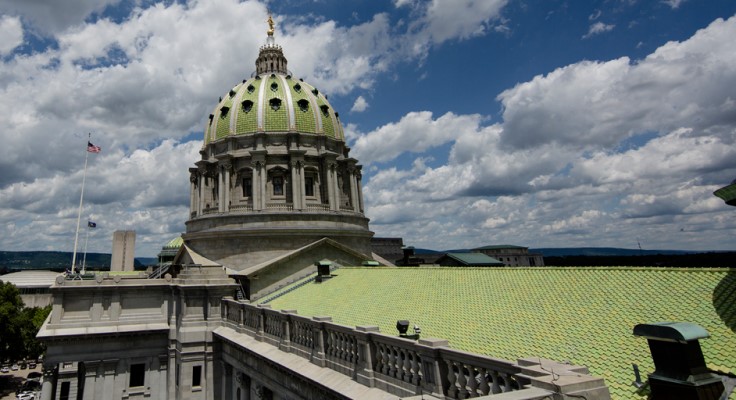Pennsylvania’s budget crisis escalated on March 15, 2024, as House Democrats rejected two significant bills passed by the Republican-controlled Senate. These bills were intended to fund essential services, including mass transit systems like the Southeastern Pennsylvania Transportation Authority (SEPTA). The rejection prolongs an already tense budget impasse that threatens vital public services across the state.
The proposed measures aimed to finalize the overdue state budget while providing necessary funding to avert service cuts for SEPTA, which serves millions of residents in the region. House Republican Leader Jesse Topper criticized the Democratic decision, stating that it squandered a crucial chance to address the “dual crises” impacting SEPTA and other state-funded operations. He described the Republican plan as the most fiscally responsible framework to date, emphasizing its potential to deliver relief.
In a statement, Topper remarked, “When SEPTA is offered funding and then proceeds to tell the House of Representatives that it will shut down operations because the funding solution is not perfect, it shows how disingenuous folks in this process have been about their real desire to avert calamity.” His comments highlight a growing frustration among Republicans, who believe that the rejection of the bills shows a lack of genuine commitment from Democrats to resolve the ongoing crisis.
The consequences of the budget deadlock extend beyond financial uncertainty. Without an agreement, essential services face significant disruption, directly affecting the daily lives of residents in Pennsylvania. The continued failure to pass a budget threatens funding for critical public services that communities rely on.
Topper warned that each unsuccessful vote moves a resolution further from reach, ultimately impacting “the people of Pennsylvania who rely on state and mass transit services the most.” As the deadlock persists, public agencies are left in limbo, unable to plan for the future or provide stable services.
As discussions continue, the focus remains on finding a compromise that can secure support from both sides of the aisle. The implications of this ongoing budget stalemate extend well beyond Harrisburg, affecting communities throughout Pennsylvania, including those in Chester County and beyond.
The situation underscores the urgency of reaching an agreement to ensure that essential services remain intact and that financial certainty is restored for agencies and communities across the state. Without a resolution, the future of public transit and state-funded services remains uncertain.





































































